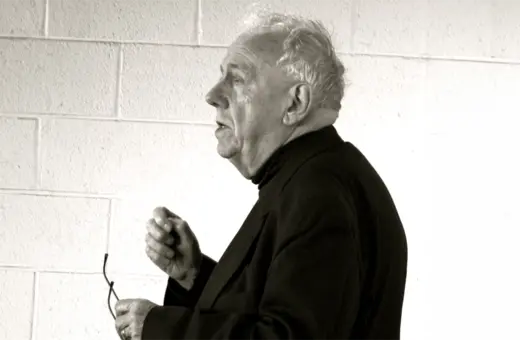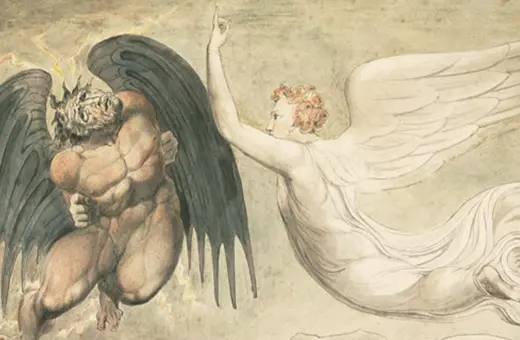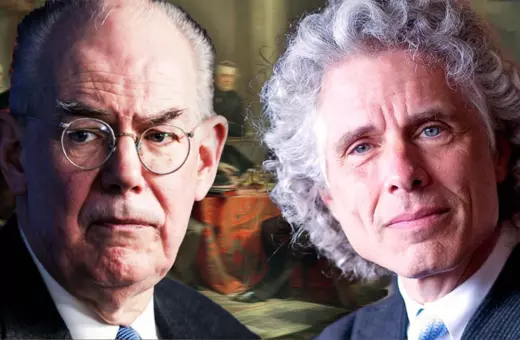Some human acts, like donating a kidney to a stranger, seem to be genuinely altruistic, motivated by no other reason than wanting to help someone else in need. At the same time, a lot of human behavior seems to be entirely selfish. So are we by nature altruistic, or selfish? And what role did our evolutionary past play in shaping our moral outlook? The answer is darker than you might think, writes Barry Lam. We evolved to recognize what’s morally good, but not to be motivated by it.
Between two hundred and four hundred people a year annually in the US donate a kidney to a stranger, many without ever meeting the recipient. About 4000 people give to effective altruism organizations totaling $260 million annually. Billions of dollars in estate wealth are bequeathed to charitable organizations upon the death of the donor.
On the other hand, even more billions of dollars in excess wealth are placed in trusts to benefit only a person’s descendants, sometimes for an indefinite number of generations. The amount spent annually on effective altruism is dwarfed by the $382 billion a year humans spend on cosmetics. Approximately 299,999,700 people in the US do not donate a kidney while 100,000 wait, often until death. If true altruism is self-sacrificial activity on behalf of strangers, we will find millions of small acts of altruism in human life, as well as billions of missed opportunities to act selflessly. So, are humans by nature altruistic, or selfish? Did we evolve to be good Samaritans, or self-interested bastards?
Evolutionary theorists have offered interesting competing answers to this question. One option is to explain away altruism as ultimately self-interest in disguise. Like everything else in the plant and animal kingdom, the story goes, humans have a drive for self-sacrificial behavior only when it benefits the reproduction of their own genes. Or maybe humans are truly exceptional in the natural world, having developed thought processes motivating them to act self-sacrificially to no reproductive advantage to their genes. However, it’s a third, more provocative hypothesis about human altruism that I think is the most probable. Humans have evolved to be neither truly altruistic nor fundamentally self-interested. They have evolved to be hypocrites. Having developed a liking for the altruistic behavior of others, humans, at the same time, did not evolve to be themselves motivated by true altruism.
Beyond nature’s version of altruism?





















Join the conversation